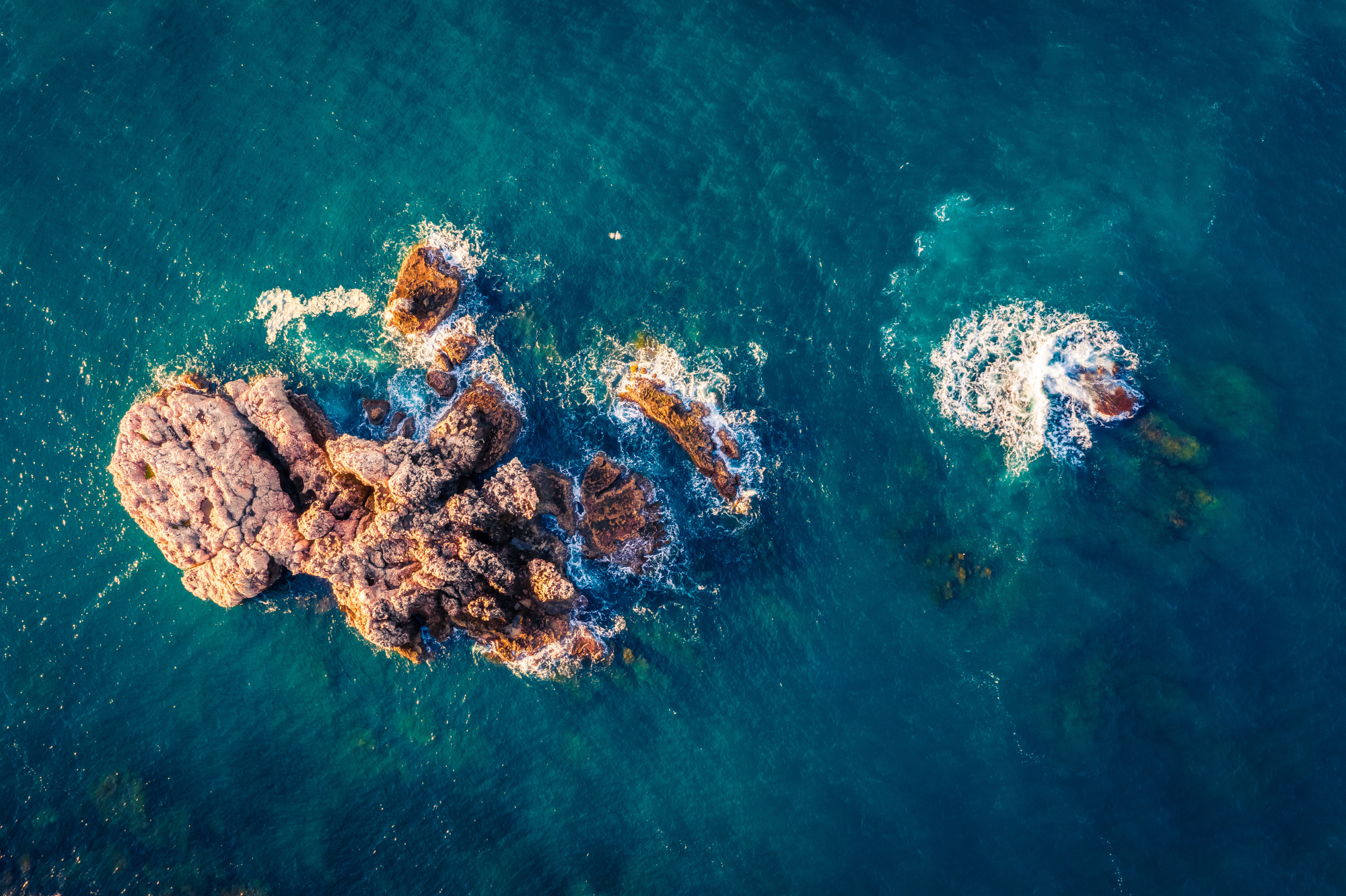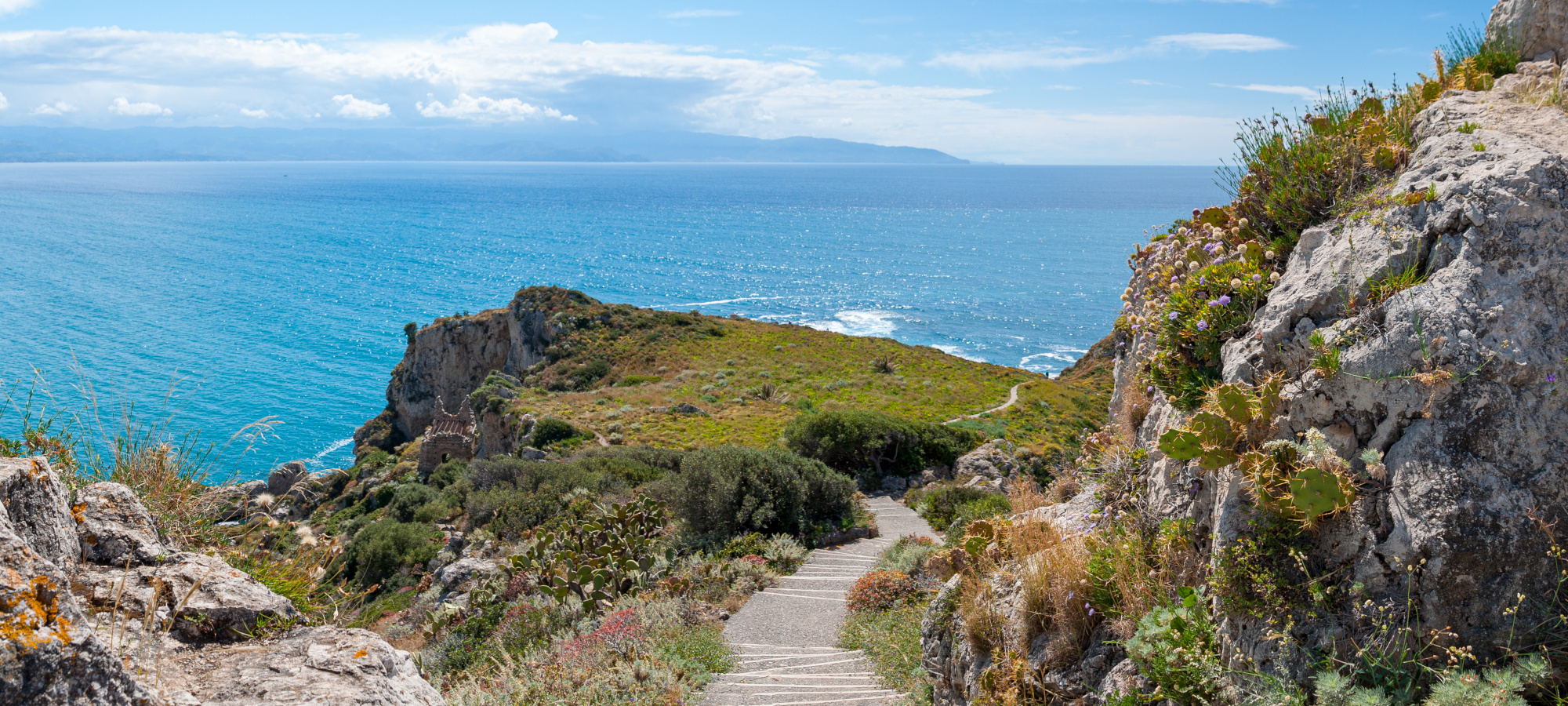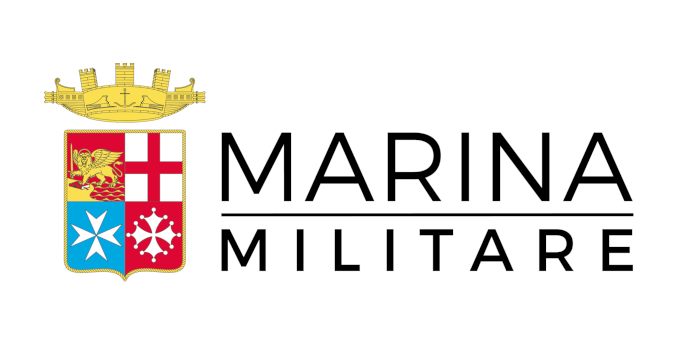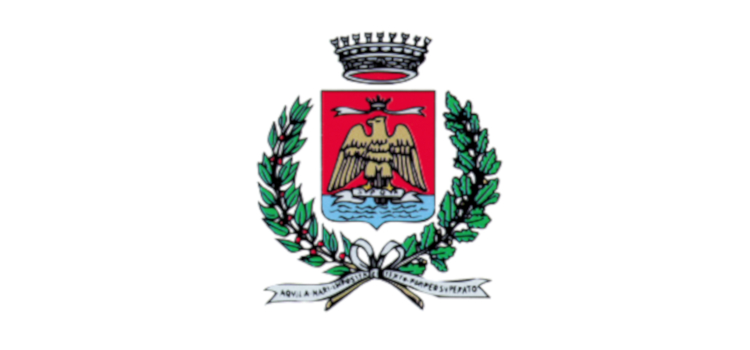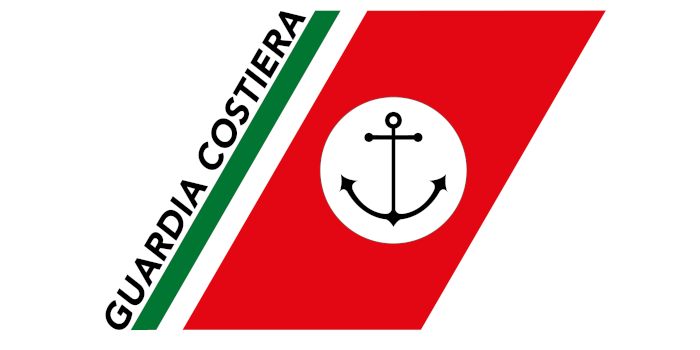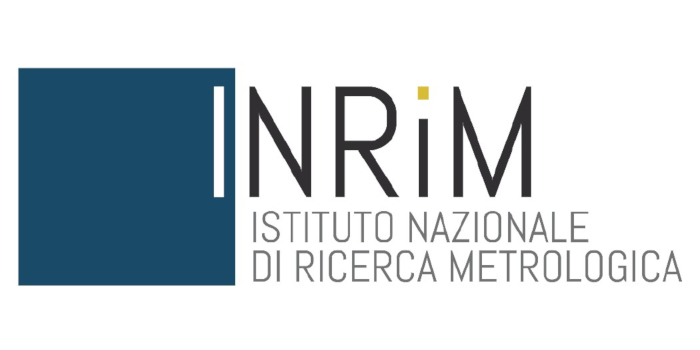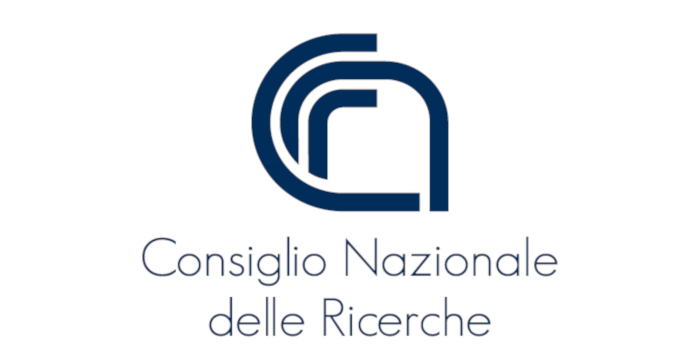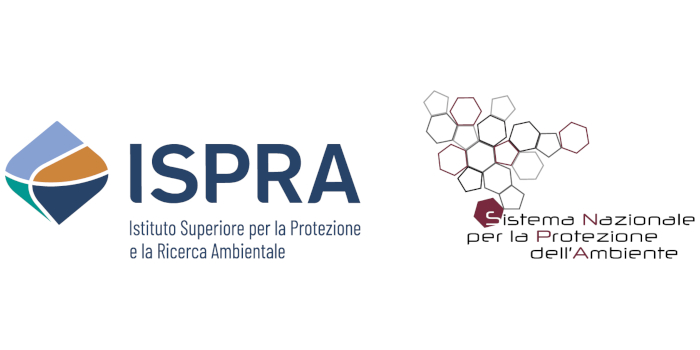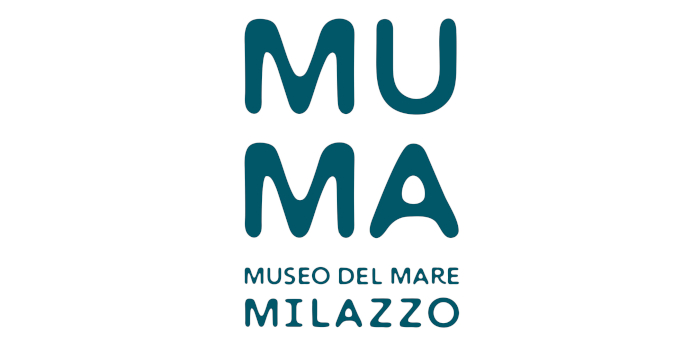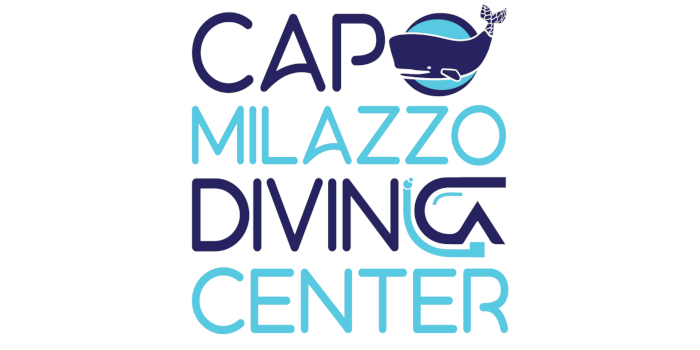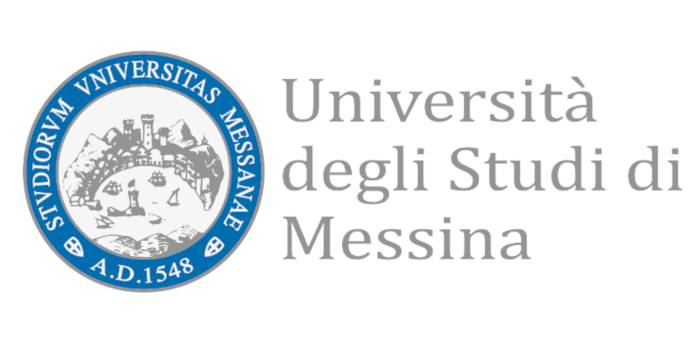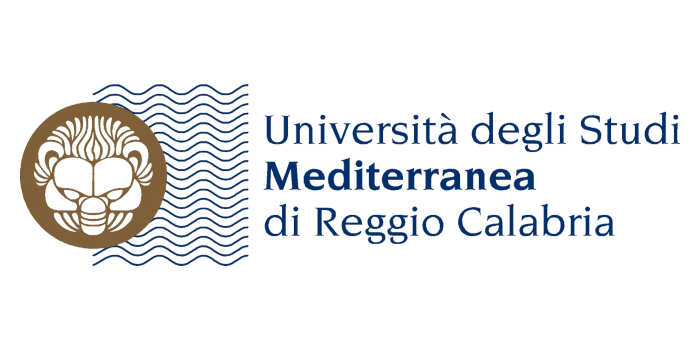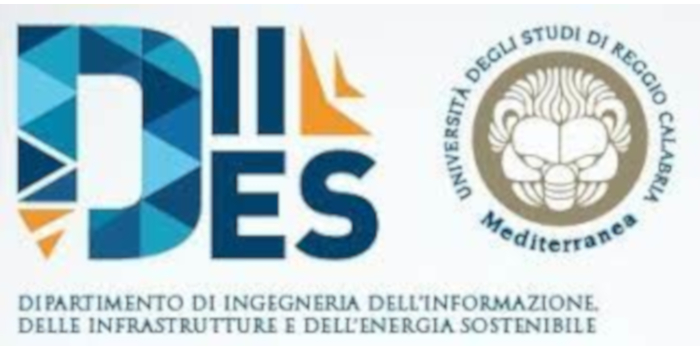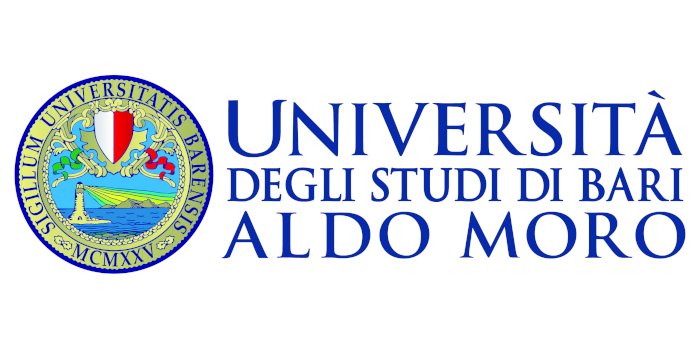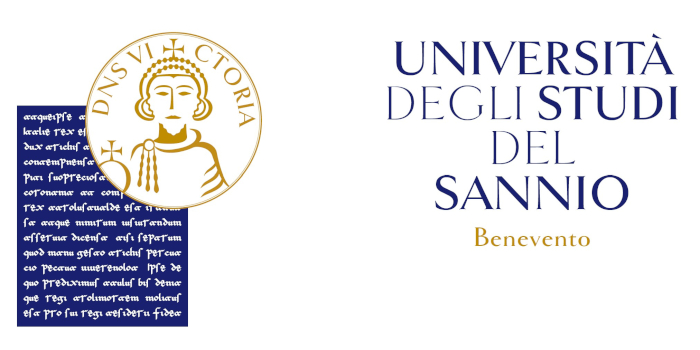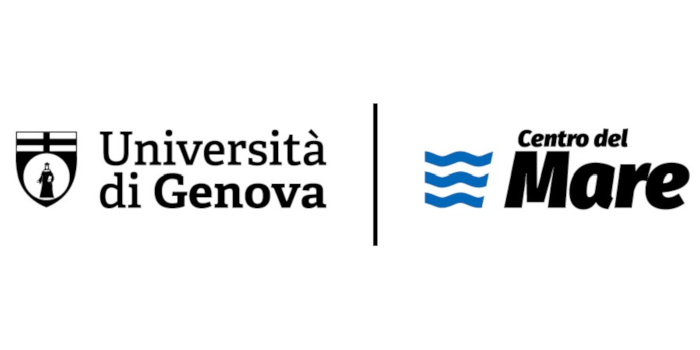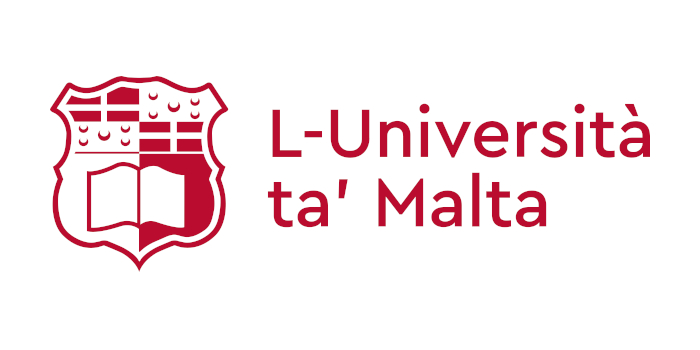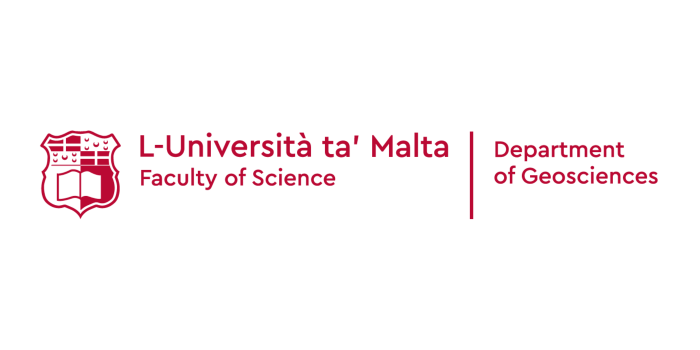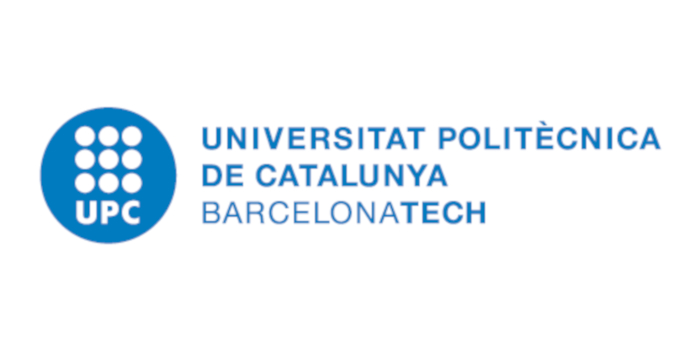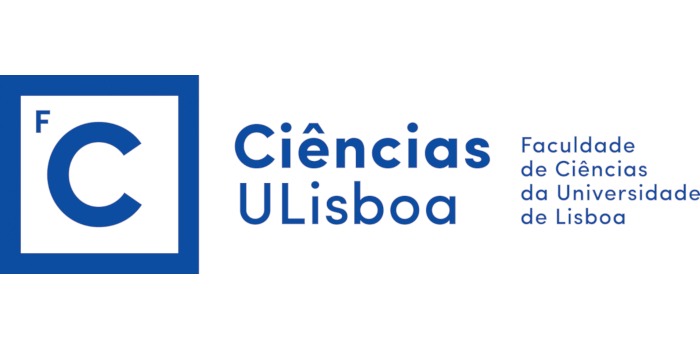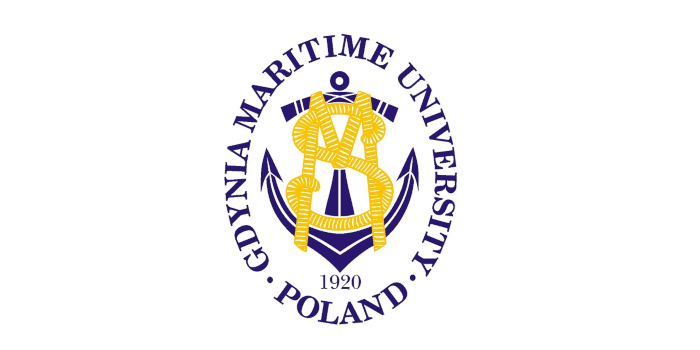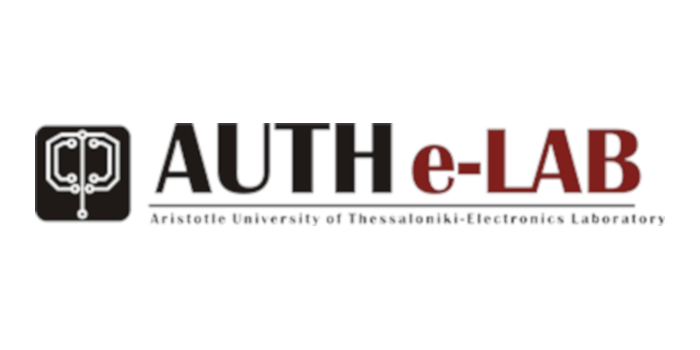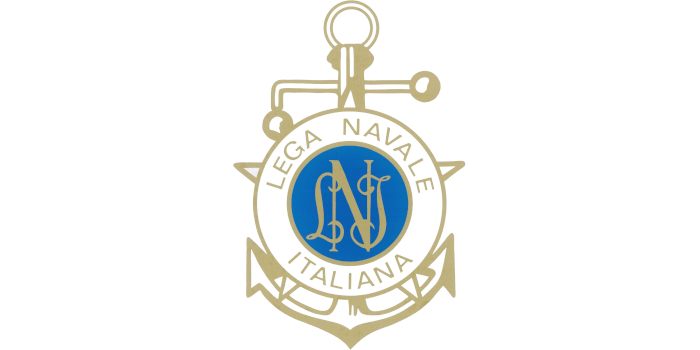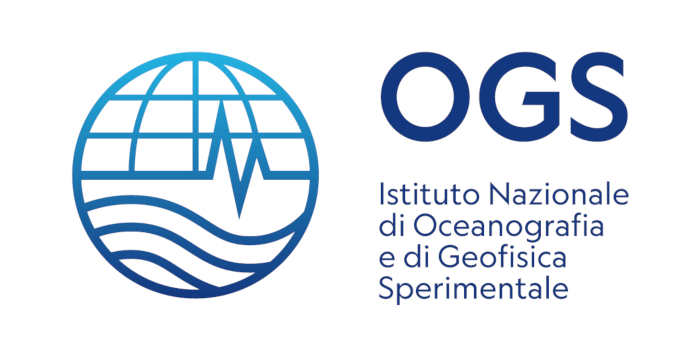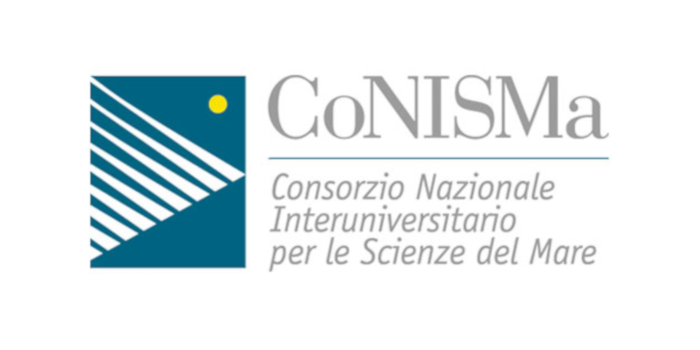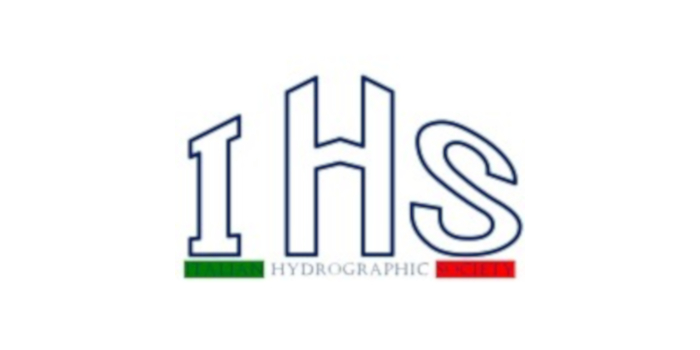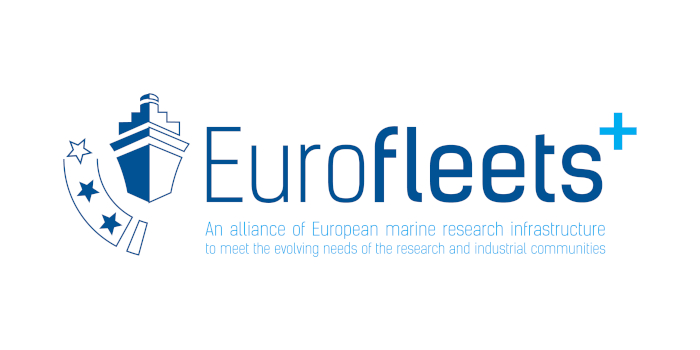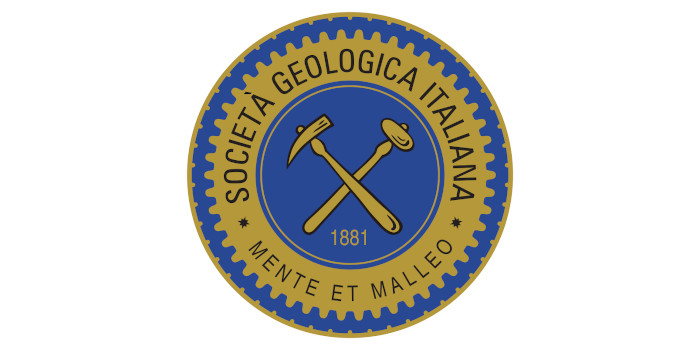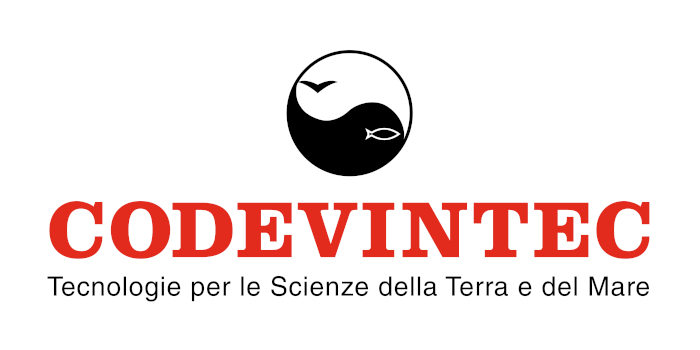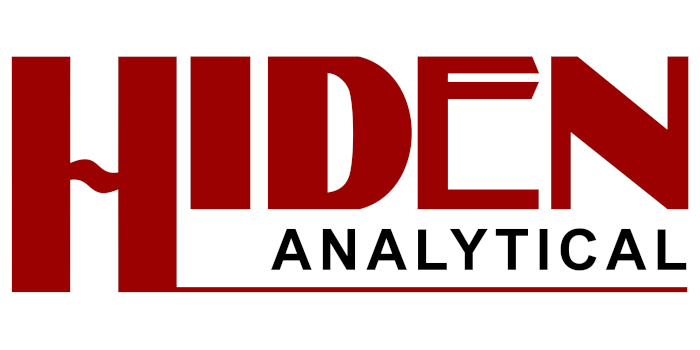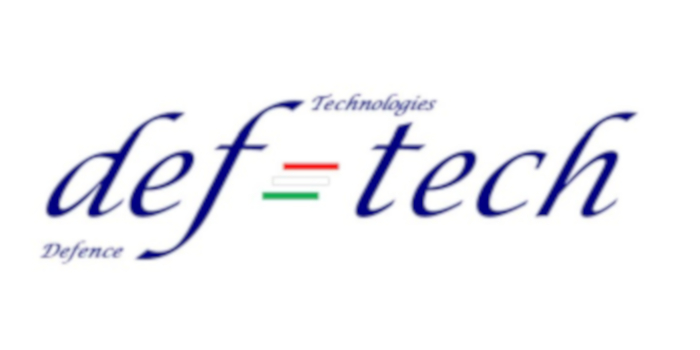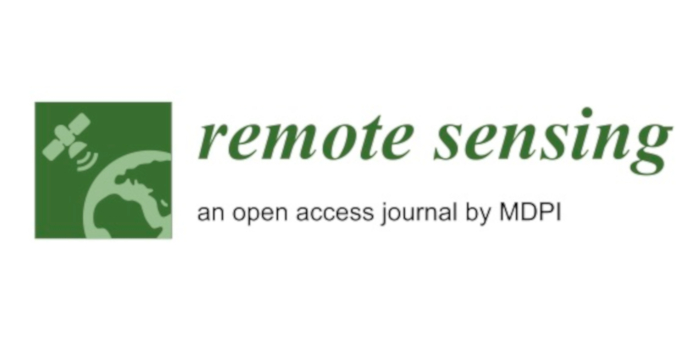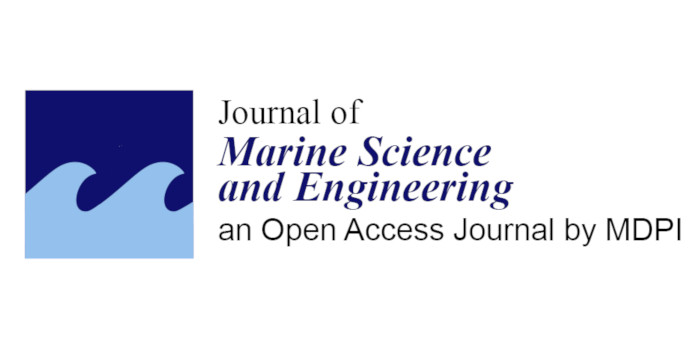Assessing physical and biological features of coralligenous and other mesophotic bioconstructions in a changing marine environment
ORGANIZED BY
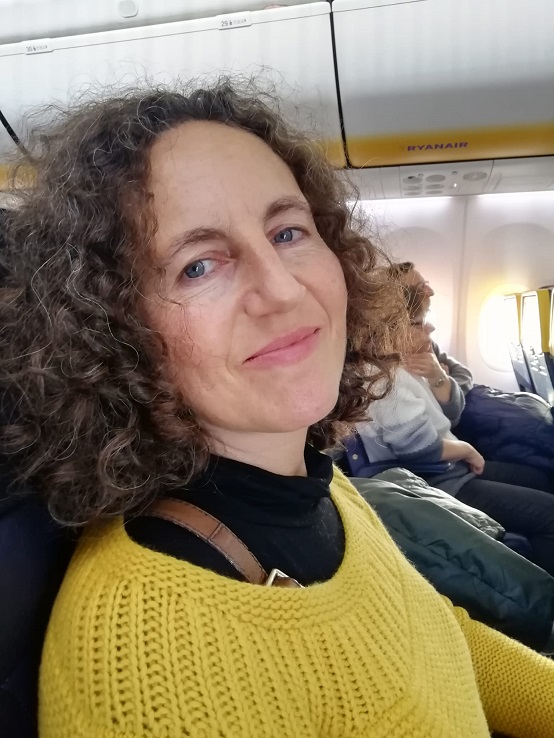
Carlotta Nonnis Marzano
University of Bari Aldo Moro
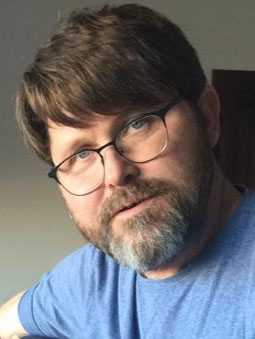
Pere Ferriol
University of the Balearic Islands
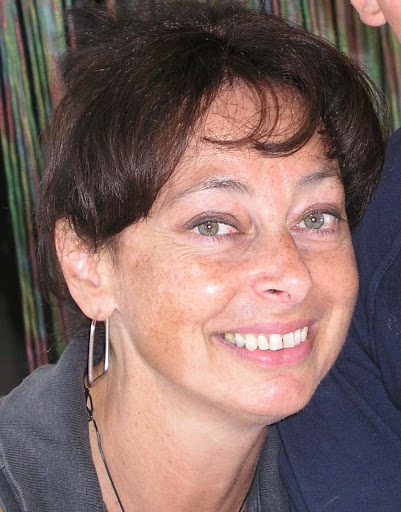
Adriana Giangrande
Salento University
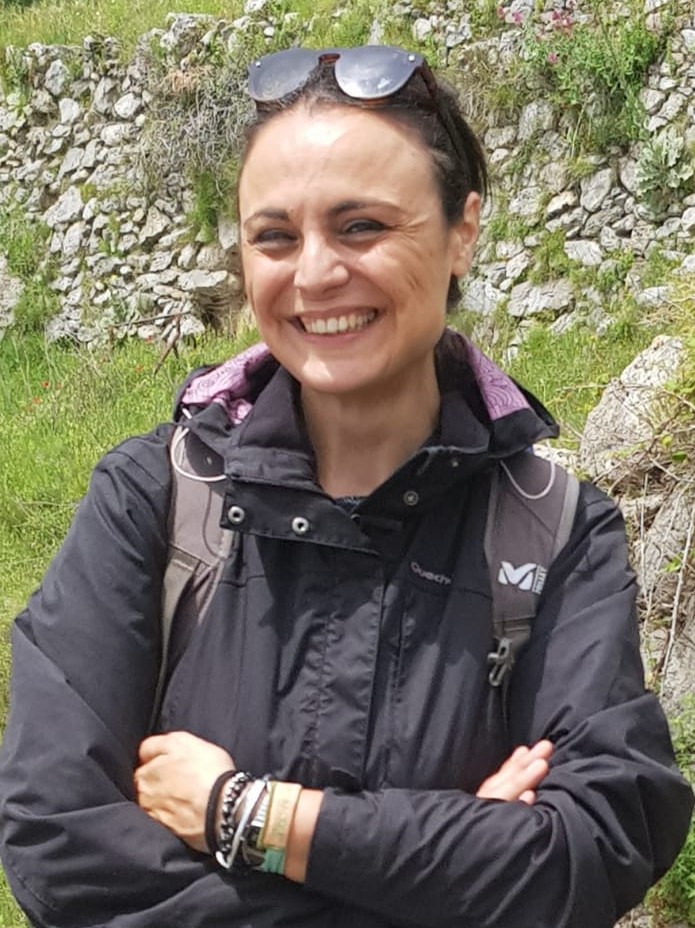
Stefania Lisco
University of Bari Aldo Moro
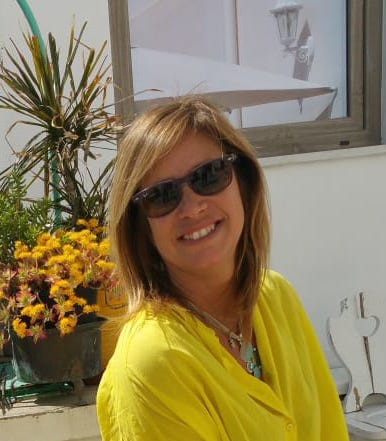
Maria Mercurio
University of Bari Aldo Moro
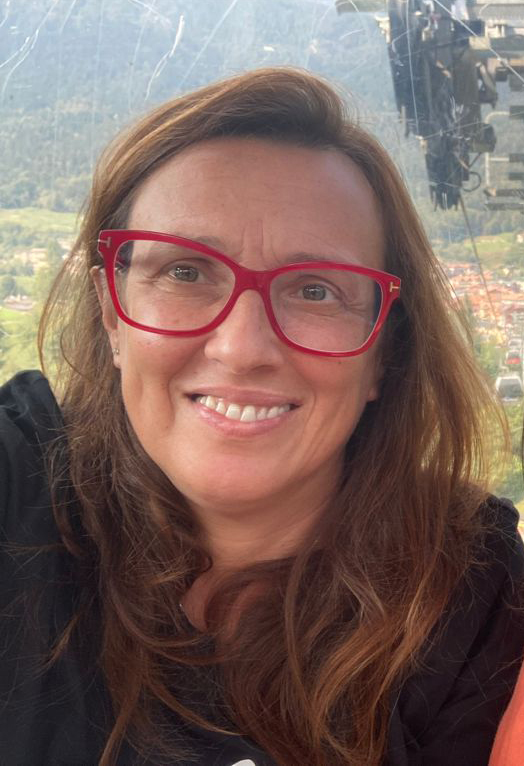
Caterina Longo
University of Bari Aldo Moro
ABSTRACT
The marine environment is today more than ever influenced by direct and indirect human impact that induces changes in physical and biological systems and causes multiple stresses to living organisms. This session aims to collect contributions from a broad spectrum of expertise on the evaluation of ongoing variations in relation to environmental change, biodiversity measures, species identification and study of life cycles. Particular emphasis will be placed on contributions concerning the interactions that occur between marine organisms and between them and physical processes. These interactions structure marine ecosystems and contribute to controlling their development or decay. The study of fossil and living hard substrate communities allows to recognize and measure ecological changes that occurred in the past and to evaluate possible future trends at the community and clade levels. In this context, interdisciplinary contributions that contemplate evaluation and measurement of physical and biological features of hard substrate communities are more than ever encouraged.
ABOUT THE ORGANIZERS
Carlotta Nonnis Marzano is researcher in Zoology at the Department of Biology, University of Bari. Author of numerous scientific papers published in national and international journals, she collaborates with several research institutions and participates in numerous research projects. Her scientific interests deal with the taxonomy, distribution and life cycles of Porifera in marine coastal environments and lagoons, and with the distribution, biodiversity and population structure of bioconstructions thriving from shallow to mesophotic bottoms.
Pere Ferriol is a lecturer at the University of the Balearic Islands (UIB), where he has been working since 2009 combining teaching and research, specifically in the field of marine ecology. As a member of the Interdisciplinary Ecology research group from this university, his current research lines are summarized in: biological oceanography, biogeochemistry, taxonomy of marine sponges, marine biotechnology for bioremediation, ecological biochemistry and chemistry of marine natural products.
Adriana Giangrande completed her PhD at the University of Pisa (Italy), and at present she is Associate Professor of Zoology at the Salento University (Lecce, Italy), and head of the Laboratory of Applied Marine Zoology. She has published more than 200 papers. Main field of interest are community dynamics in confined environments. Fouling succession. Larval ecology and life cycle of marine invertebrates. Biodiversity and ecosystem functioning. Marine environment monitoring. Feeding ecology and application in circular economy. Wastes management and bioremediation in aquaculture.
Stefania Lisco held her PhD in Sedimentology and is currently a researcher in sedimentary geology at the Department of Earth and Geoenvironmental Sciences of the University of Bari. Her research concerns biological and physical dynamics which concur in controlling the development of shallow marine systems.
Maria Mercurio held her PhD in Environmental Sciences in 2000 and is currently Researcher in Zoology at the Department of Biology, University of Bari. Author of numerous scientific papers published in national and international journals, she collaborates with several research institutions and participates in numerous research projects. Her scientific interests concern systematic, ecology and life cycles of Porifera in lagoons and in superficial coastal environments; biodiversity and population structure of coralligenous habitat and mesophotic bioconstructions and the distribution and ecological status of red coral along Apulian coasts.
Caterina Longo is PhD in Environmental Science, currently Associate Professor in Zoology at the Department of Biology of the University of Bari Aldo Moro. She is author of numerous scientific publications in national and international journals, book chapters and speakers at numerous conferences. She spent research and study periods at national and international universities where she deepened the techniques related to taxonomy of Porifera. She is a specialist in taxonomy, ecology and biogeography of Porifera. She is an expert in rearing and restoring techniques of marine sponges in natural environment and in bioremediation methodologies in marine environment. Main research topics: taxonomy and ecology of Porifera from different marine environments (marine caves, lagoons, shallow and deep sea); Biodiversity and biogeography of Italian and Mediterranean Porifera; Macrobenthic marine alien species; Rearing, restocking and restoring of sponges of commercial and/or conservation importance; Use of filter-feeder benthic invertebrates as bioremediators in marine environment; Mapping and monitoring of zoobenthic species and benthic habitats of high conservation importance; Mediterranean bioconstructions.
